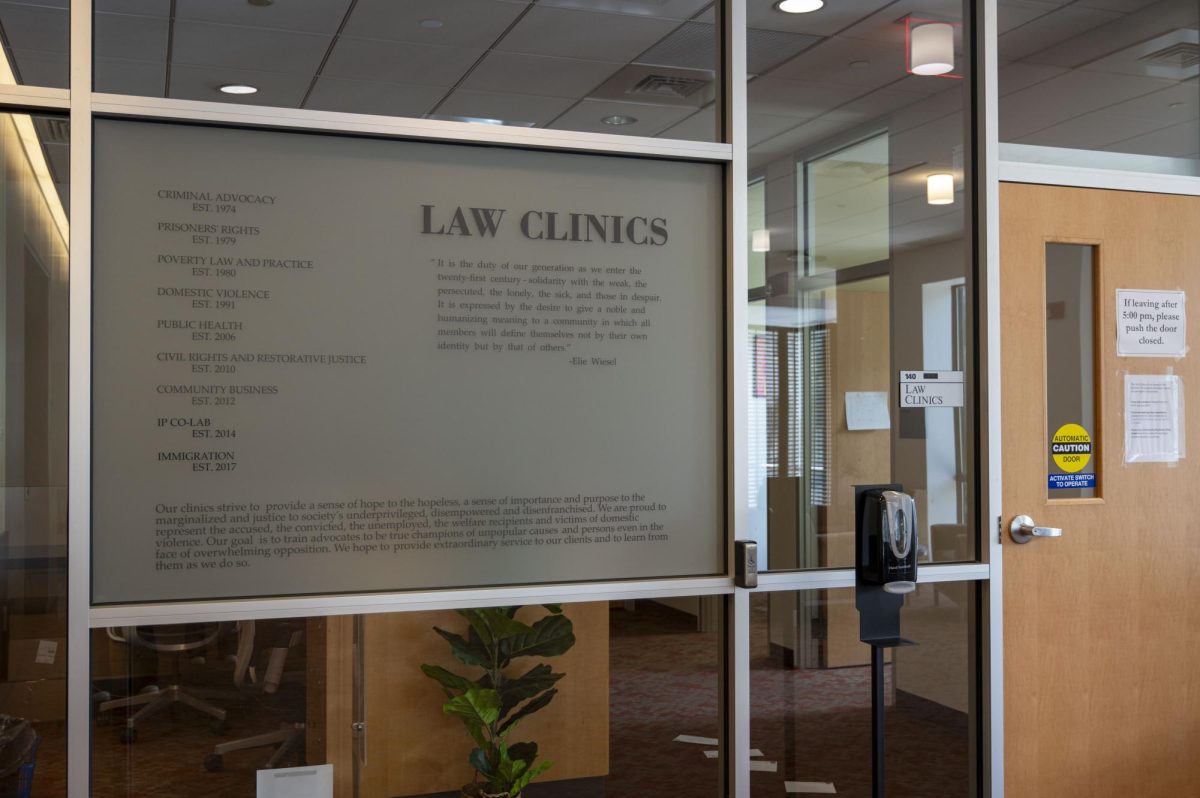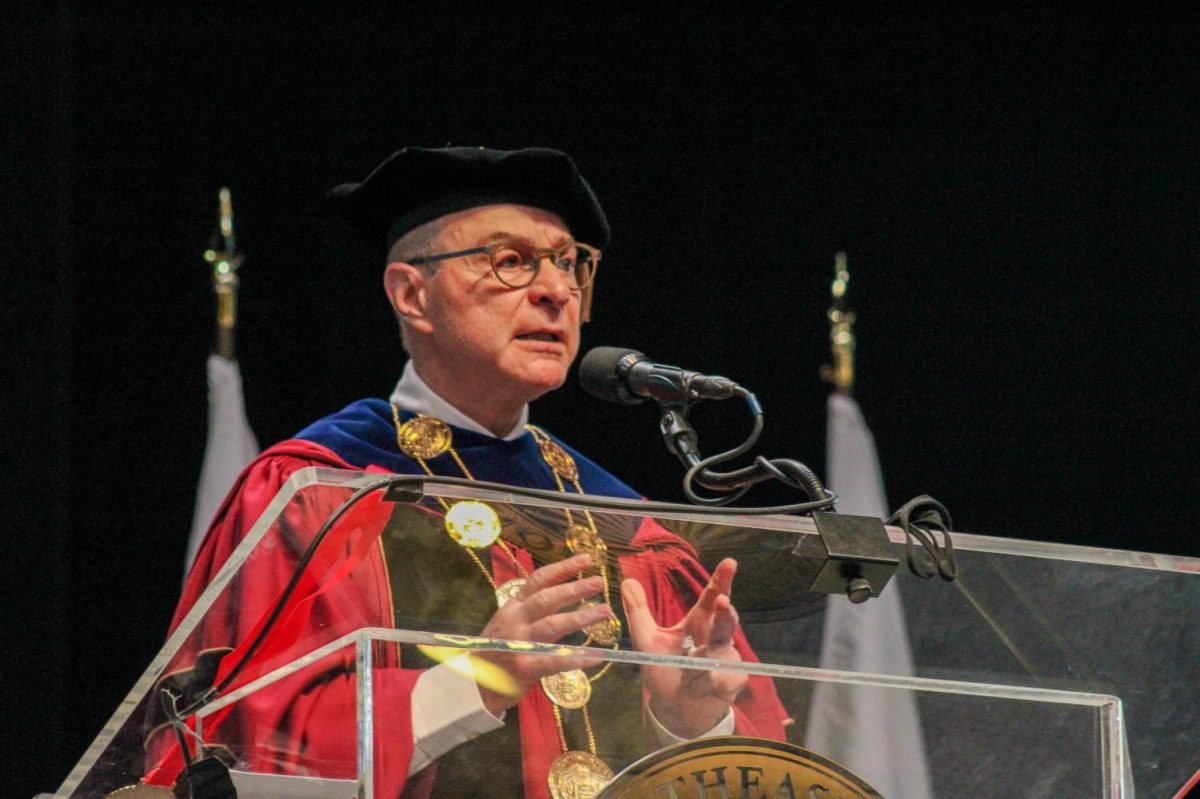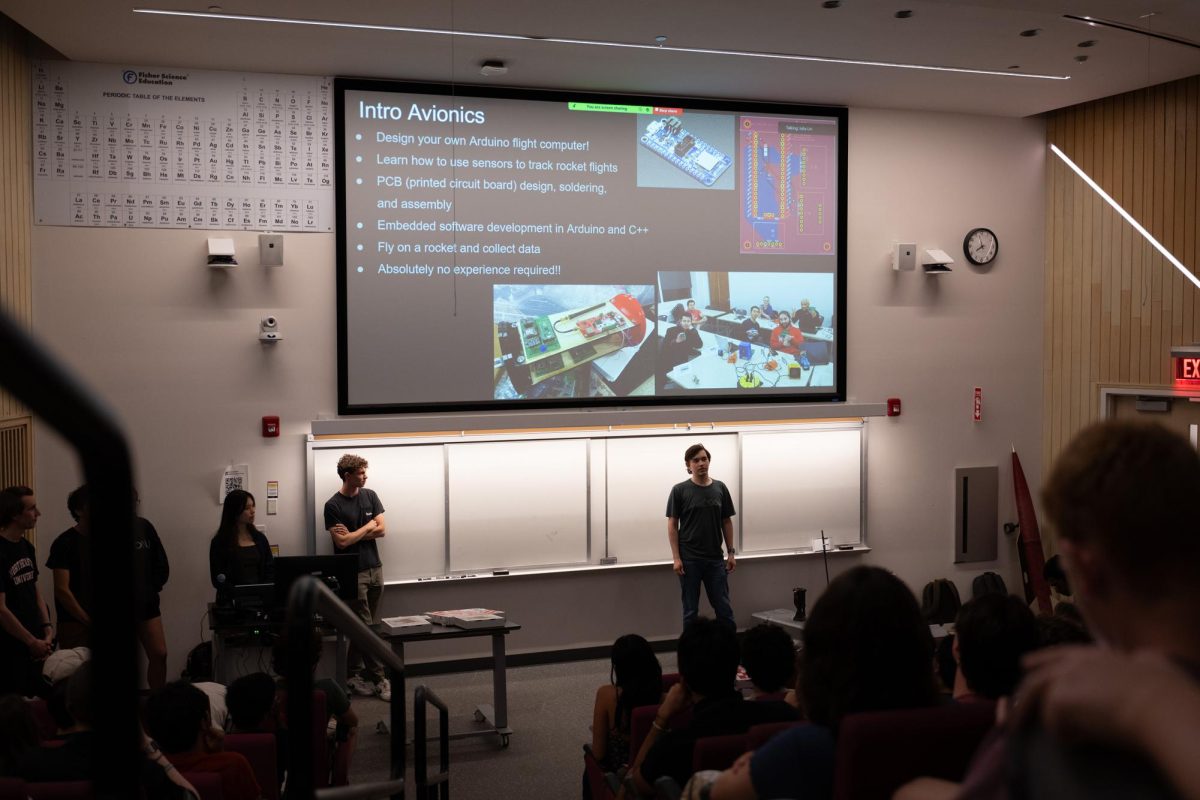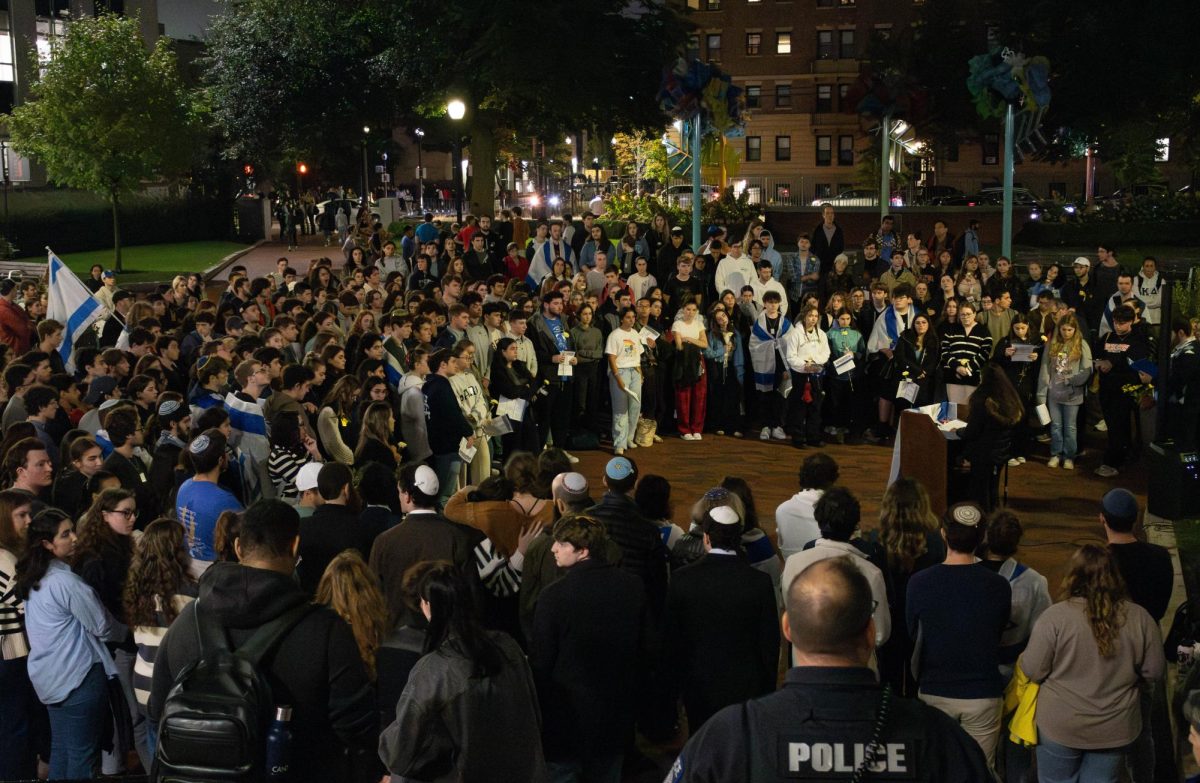It may not reduce the amount of problems on a rider’s route, but a new Massachusetts Bay Transportation Authority (MBTA) initiative aims to make the commute more predictable, transit officials said.
Beginning with a trial run, the MBTA will implement a personalized text message and e-mail alert system, enabling users to receive announcements if their subway, train, bus or ferry is delayed. The alerts will also indicate when schedule changes occur.
“If you really want to accommodate the life, the lifestyle of the average person these days, you’ve got to go mobile,” said Daniel Grabauskas, general manager of the MBTA, in a Boston Globe article Monday.
A pilot program launched yesterday through the MBTA website will register 3,000 people, who will begin receiving messages immediately. The pilot program is expected to last two weeks. Then, based on commuter feedback through the website, the service could be launched system-wide in January, Grabauskas said, accommodating hundreds of thousands of users.
The service will be free, but people signing up for text messages will be charged from their cell-phone provider the normal text message rate.
After signing up on MBTA.com, commuters can choose from being contacted in the morning, mid-day or evening, and also on weekends through the “rider tools” tab. In addition, they can sign up to be contacted about schedule delays on up to three routes that the MBTA operates on, including whether elevators and escalators on those routes are out of service.
When subscribing, the users can choose what hours of the day they want the notifications so they aren’t inundated with messages that aren’t useful, Grabauskas said.
“We don’t want to overburden people with more information than they need,” he said.
For college students, like sophomore architecture major Stephanie Scanlon, the service is long overdue. She was late to a midterm exam last summer because of a small fire that delayed her subway commute from Braintree by 25 minutes.
“If I had known about the delay I would’ve called someone in the class or e-mailed the teacher,” Scanlon said. “The text message system sounds efficient.”
Text messages and e-mails regarding delays on the user’s chosen route will be transmitted within 15 minutes of one’s expected time of travel. MBTA officials said they hope users will be able to change their plans based on the information.
A few months ago, the MBTA entered into the $86,500 two-year contract with a California-based company, MIS Sciences Corp., which has been testing the system internally.
Similar systems have been implemented by the Port Authority in New York City, as well as in New Jersey, Toronto and Washington, D.C. More than 180,000 people have signed up to receive the messages in Washington D.C.
One issue with the service that users may have is, excluding the Northeastern stop and other outdoors stations, many T stations are underground and people don’t have cell phone service.
Also, some riders expressed concerns that they would be overwhelmed with the messages from what they feel are common schedule delays.
Cobi Ben-David, a freshman engineering major, said he wouldn’t want text messages from the MBTA. As an alternative, Ben-David said the station should use a screen at every station that illustrates schedule changes.
Dmitriy Dunin, a junior computer science major, said he would like the message alert system to focus on the express bus because, he said, the subway arrives at irregular times.
“When I was working in Woburn I had to wait an hour sometimes [for the bus] because of traffic,” Dunin said. “At the very least, I could’ve gone into a Starbucks.”
The last initiative the MBTA embarked on was the futile T Radio, which played a mixture of music, news and weather updates, and ended abruptly when riders at North Station, South Station and the Airport Station gave negative feedback.
MBTA officials who are testing the text message system said they hope the alerts are well received.









